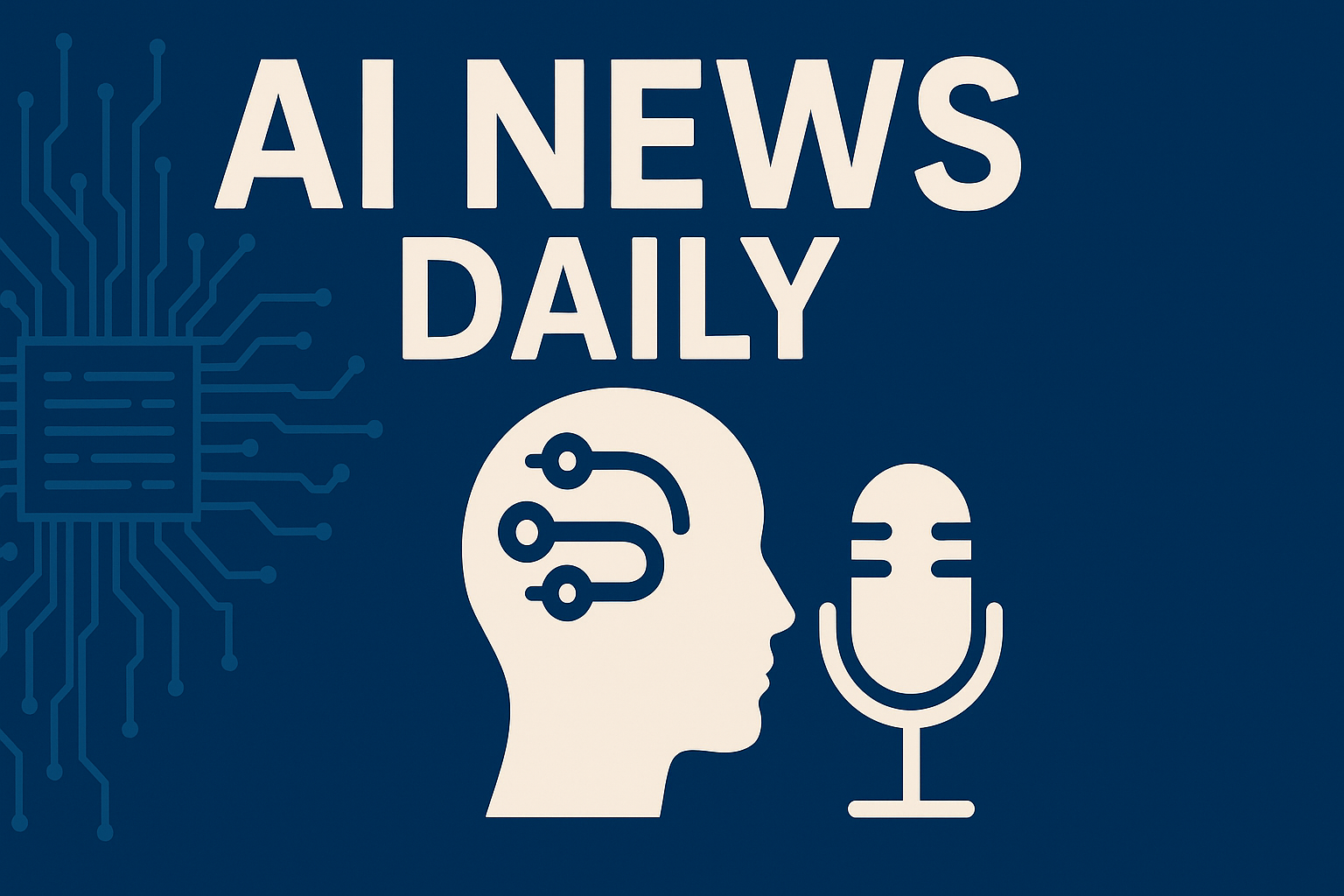Title: Global AI Advances Accelerate Amid Investment Surge, New Tools, and Heightened Privacy Concerns
Content:
Artificial intelligence innovation surged globally this week, with major investments and new technologies announced across multiple sectors while concerns around ethics, privacy, and workforce impact deepened.
OpenAI raised $8.3 billion in an oversubscribed funding round, elevating its valuation to $300 billion. The company announced ambitious global expansion plans, including the unveiling of Stargate Norway—a 230-megawatt, renewable-powered data center set to double capacity through partnerships with Aker and Nscale, aimed at supporting startups and sustainable European AI infrastructure. OpenAI further revealed plans to launch an open-source AI model in a move to democratize access, and is intensifying development of GPT-5, though CEO Sam Altman cautioned about the misuse of powerful AI and called for responsible development. OpenAI’s rapid growth extends to Southeast Asia, where a partnership with Sea Ltd brings AI-powered tools and free ChatGPT Plus trials to users in Indonesia, Thailand, and Vietnam.
However, OpenAI faced significant privacy backlash after its “Share & Index” and public search sharing features on ChatGPT resulted in user conversations—including sensitive personal data—becoming accessible via search engines. The company has now permanently removed these features, highlighting both public concerns about data privacy in AI systems and the urgent need for robust safeguards.
On the technology front, Google launched Gemini 2.5 Deep Think, its most advanced AI yet, available to Ultra and enterprise subscribers. Demonstrating superior mathematical and coding abilities as well as advanced parallel reasoning, Gemini 2.5 Deep Think outperformed top competitors and underscores Google’s push for enterprise-grade AI solutions. Samsung is exploring the integration of multiple leading AI assistants—including Gemini, Perplexity, and ChatGPT—into its next Galaxy smartphone, giving users more choice and potentially reshaping the mobile AI ecosystem.
The adoption of “agentic AI,” where autonomous AI agents handle complex tasks and coding, gained traction. Surveys show 82% of companies now use such tools, sparking a shift in software development. Major cloud and tech conferences showcased advances in AI assistants across Amazon, Google, OpenAI, Anthropic, and IBM, promising smarter workflow automation for IT and developers. Fundamental Research Labs secured $33 million to advance practical AI productivity agents, while Ollama debuted a faster local AI model and desktop app to expand generative AI accessibility.
AI’s penetration into diverse industries also made headlines. The Reserve Bank of India is rolling out the highly accurate MuleHunter fraud-detection AI tool across 15+ banks. In the U.S., the FDA’s AI-powered drug review chatbot Elsa encountered trust and technical challenges, raising questions about critical healthcare automation. Researchers at UC San Diego developed an AI tool to make high-quality medical imaging and cancer diagnostics more accessible in data-limited regions. The Salk Institute introduced ShortStop, unlocking previously hidden microproteins in human DNA for disease research.
Security and online safety remained under the spotlight. OpenAI’s ChatGPT demonstrated the ability to bypass advanced CAPTCHA systems, exposing new risks for internet security. Norton added deepfake detection to its YouTube AI assistant Genie, while Ukraine’s military defense increasingly relies on AI to track Russian troop movements online. Meanwhile, Uber introduced AI tools to automate restaurant operations amid ongoing legal challenges, and Amazon reported a 22% jump in AI-powered ad revenues, bolstered by major partnerships in connected TV.
In mental health, AI therapy apps like Replika and Character.ai faced criticism after incidents of mishandled crisis interactions, prompting warnings from experts about the dangers of unregulated automated mental health advice and calls for stricter oversight. This debate was echoed in studies showing both the promise and risks of AI-driven mental health care.
Job market implications were also profound. Infosys announced plans to hire 20,000 graduates in response to growing AI demand, while a Microsoft study warned that even advanced knowledge jobs are at risk from AI automation, underscoring the need for upskilling. Meta intensified the AI talent war, offering up to $1 billion to attract OpenAI engineers.
Finally, Amazon invested in platforms for user-generated AI TV content, signaling a shift in streaming entertainment; Google released Veo 3, empowering users to create animations via drawings; and companies like FloVision and Reddit demonstrated growing revenue from AI-powered tools. In policy and global competition, China expanded AI investment to challenge U.S. dominance, and the U.S. military moved to deploy predictive, real-time AI logistics through a BigBear.ai–DEFCON AI partnership.
These rapid advances showcase the promise of AI across societies but also highlight growing calls for ethical guidelines, industry regulation, and privacy protections as artificial intelligence becomes ever more integral to daily life.
